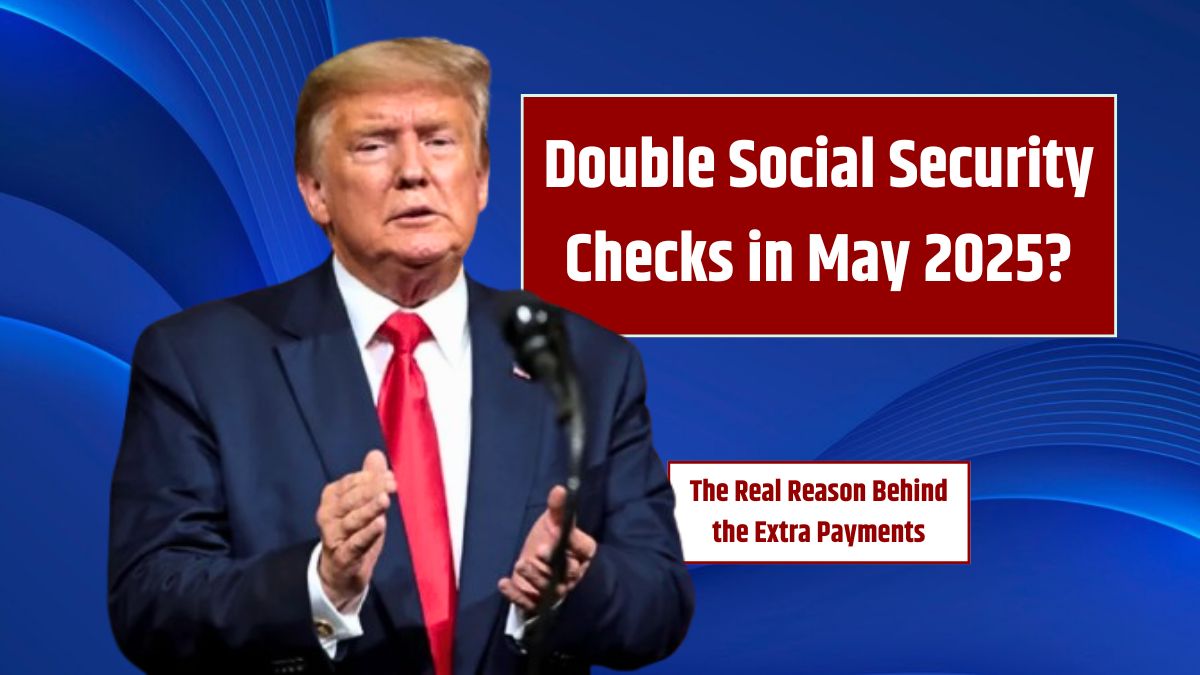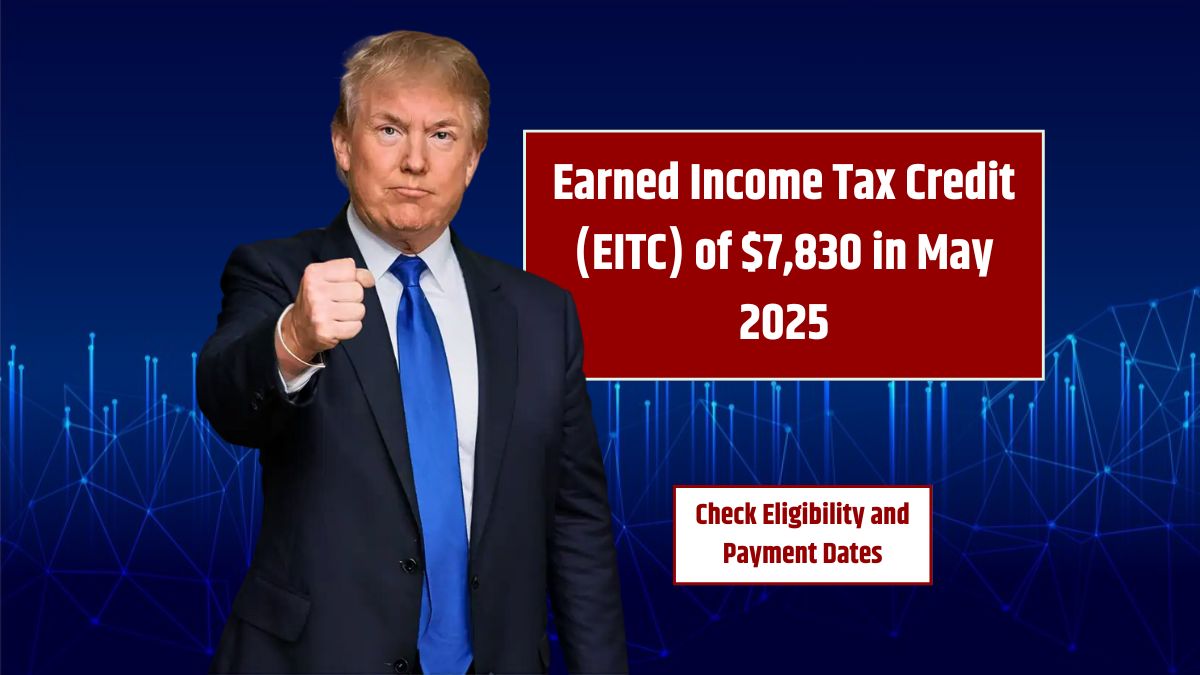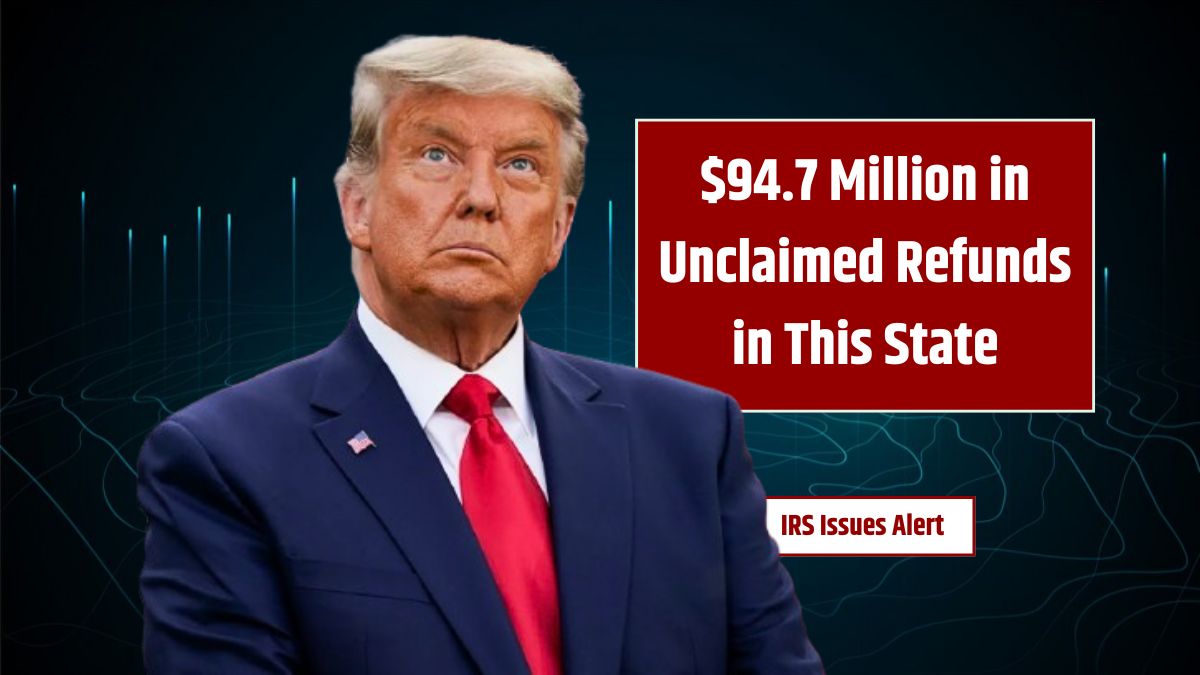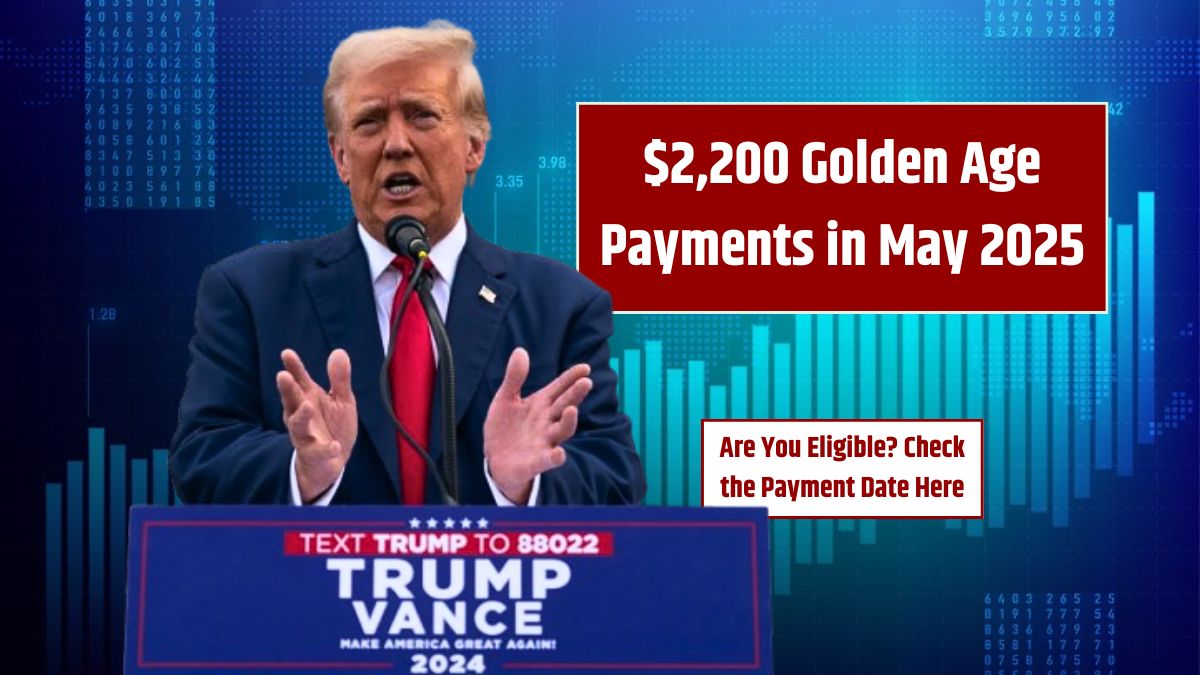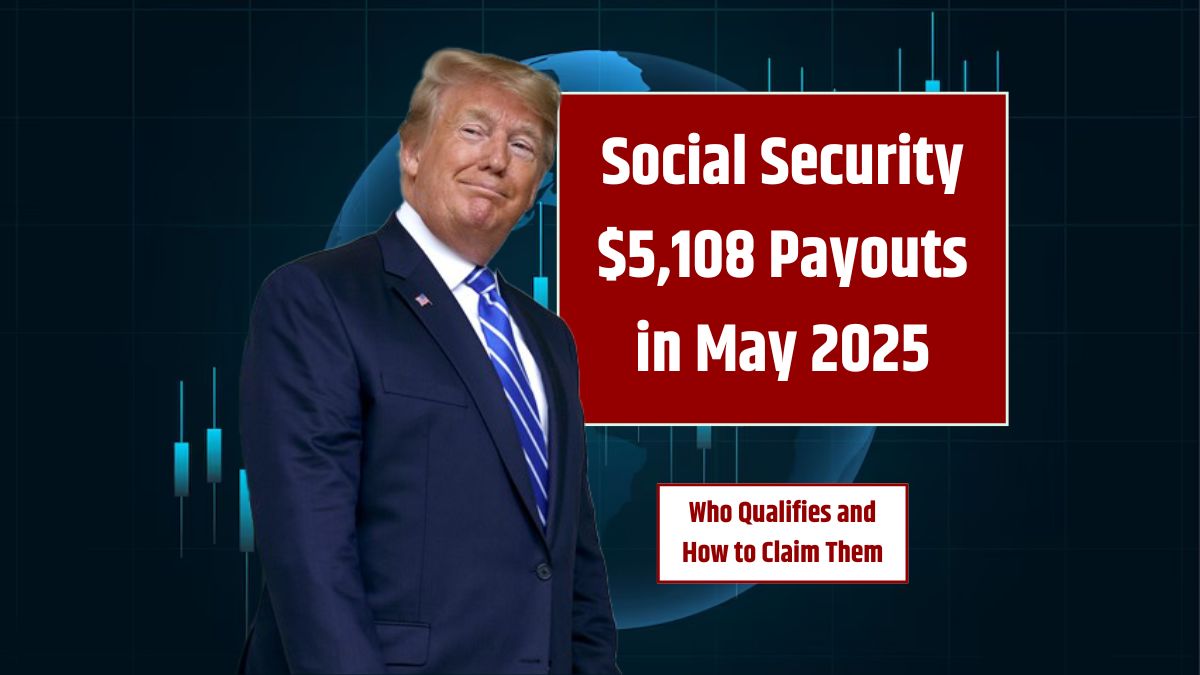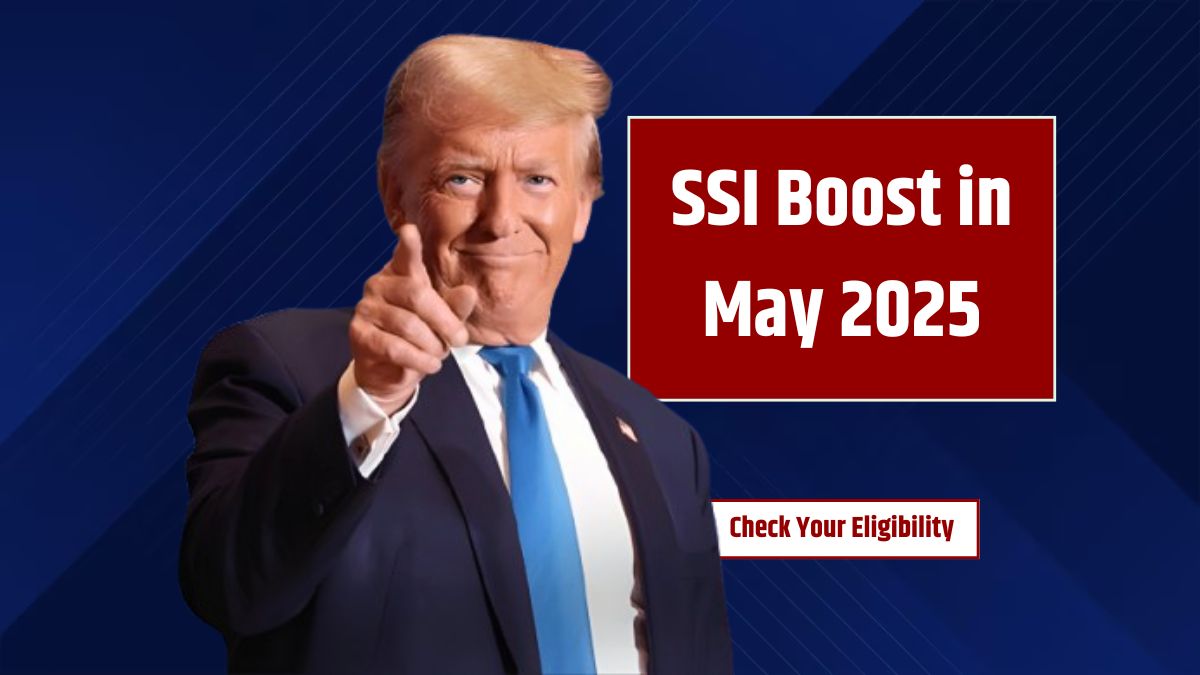If you or someone you care about receives Supplemental Security Income (SSI), you might see two payments show up in May 2025. While it may feel like a surprise or even a mistake, it’s actually a normal scheduling adjustment made by the Social Security Administration (SSA). And no—it’s not a bonus.
In this guide, we’ll explain why these double payments happen, who gets them, what to expect in June, and how to plan around it. Whether you’re a retiree, a caregiver, or a financial advisor, this info will help you stay informed and avoid money mix-ups.
Reason
Let’s get right to the point. The reason for two SSI payments in May 2025 is simple: June 1 falls on a Sunday.
SSA always tries to make sure payments go out on time. When the 1st of the month falls on a weekend or federal holiday, SSI benefits are sent early—on the last business day of the previous month. That’s why June’s check will arrive on Friday, May 30.
So in May, you’ll see:
- May 1: Regular payment for May
- May 30: Early payment for June
And that’s it—no check in June.
Who
This scheduling shift affects about 7.4 million Americans who receive SSI. These payments are separate from traditional Social Security retirement or disability benefits.
Here’s a quick look at the typical monthly amounts in 2025:
| Type | Monthly Amount |
|---|---|
| Individual | Up to $943 |
| Couple | Up to $1,415 |
| Essential Person | $472 |
Some states also add a small monthly supplement, depending on where you live.
Schedule
These early-payment months don’t happen often, but May 2025 is not the only one. Here are other double-payment months to watch for:
| Month | Double Payment Dates |
|---|---|
| May | May 1 and May 30 |
| August | August 1 and August 29 |
| October | October 1 and October 31 |
In each case, it’s because the next month starts on a weekend or holiday.
What
Supplemental Security Income is a federal benefit that helps older adults and people with disabilities who have limited income and resources. Unlike other Social Security benefits, it’s not based on work history—it’s based on need.
To qualify, you generally must:
- Be age 65 or older, blind, or have a qualifying disability
- Have limited income (typically under $2,000 in assets for individuals or $3,000 for couples)
- Be a U.S. citizen or legal resident living in the U.S.
Budget
Getting two checks in one month might feel like a windfall—but it’s not. If you spend both payments in May, you could be left short in June.
To avoid that problem, try these smart planning tips:
- Label the May 30 check as “June” money
- Use two accounts or envelopes—keep the second payment separate
- Update any automatic bill payments so they align with the adjusted deposit date
- Use a calendar—SSA has an official 2025 payment calendar that’s easy to download
Impact
If you’re a caregiver or financial advisor, this is an important teaching moment.
Here’s what you can do:
- Help clients or loved ones understand the early payment
- Encourage them to hold off on spending the second check too soon
- Watch for confusion with benefit programs that count monthly income
- Set reminders or alerts for the next double-payment month
Benefits
Worried about SNAP, Medicaid, or other programs? Don’t be. SSA knows this is just a timing issue. Getting two checks in one month won’t count against your eligibility for:
- SNAP (food stamps)
- Medicaid
- Housing assistance
That said, if you’re required to report income monthly, make sure to note that one payment is simply early—not extra.
Double SSI payments can feel confusing at first, but once you know the pattern, it’s easy to plan for. Treat the second payment as an advance, and you’ll be just fine. The key is staying organized, budgeting smart, and helping others do the same.
FAQs
Why are there two SSI payments in May 2025?
Because June 1 is a Sunday, June’s payment is sent early.
Will I get another check in June?
No. You’ll get June’s payment early on May 30.
Does the second payment mean I got a bonus?
No. It’s just an early payment, not extra money.
Will this affect my SNAP or Medicaid?
No. It’s not considered extra income by benefit programs.
Who gets the double payments?
Only SSI recipients—not those with just Social Security.
